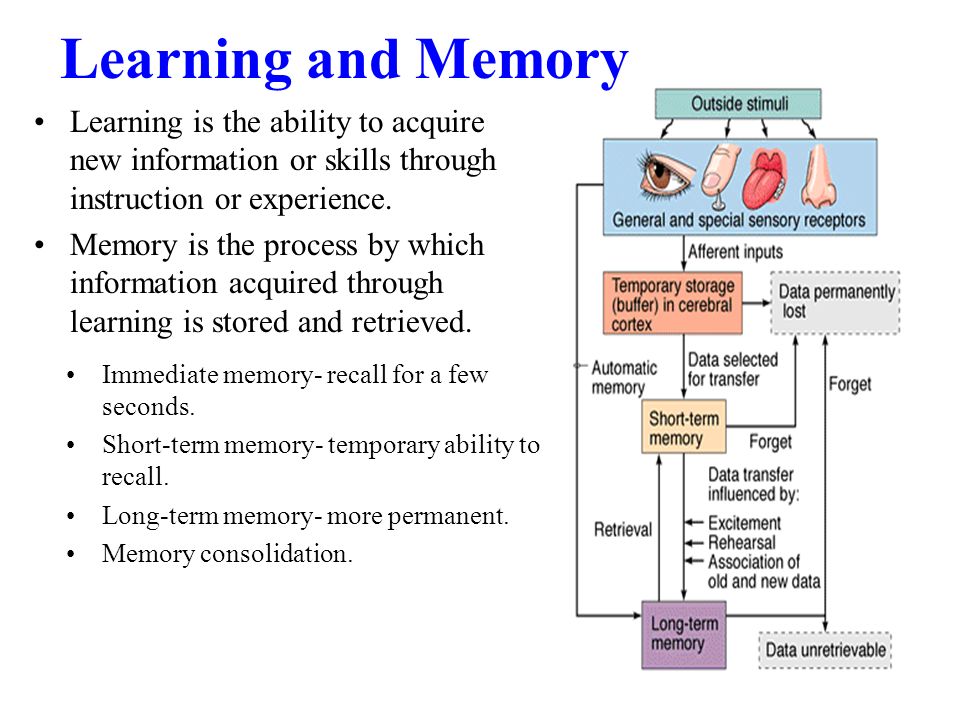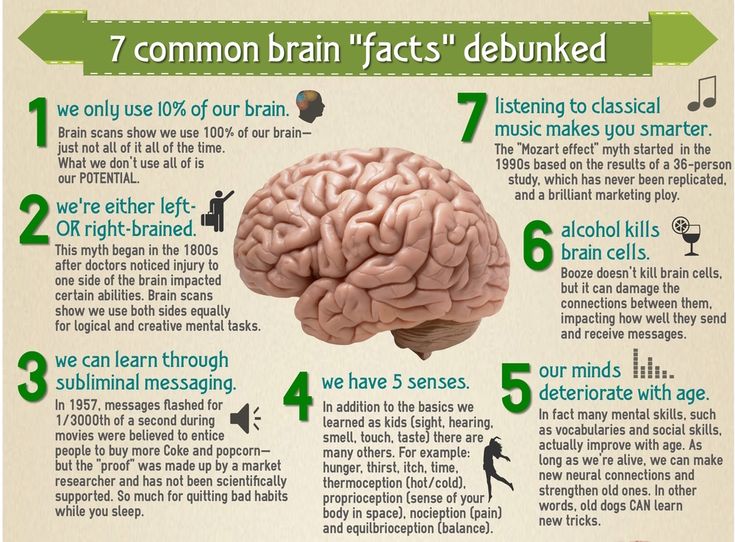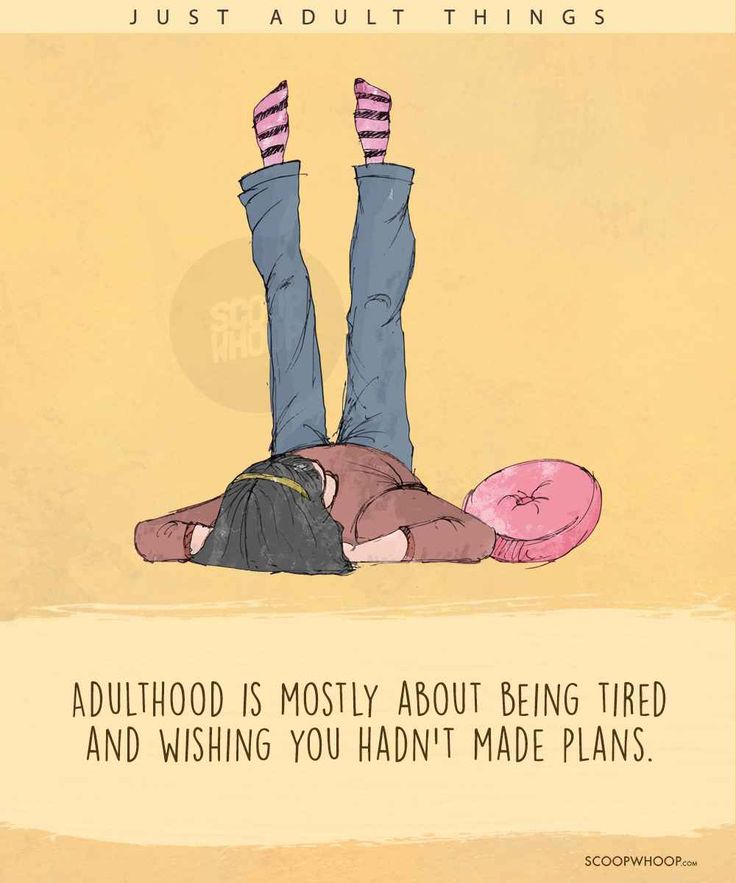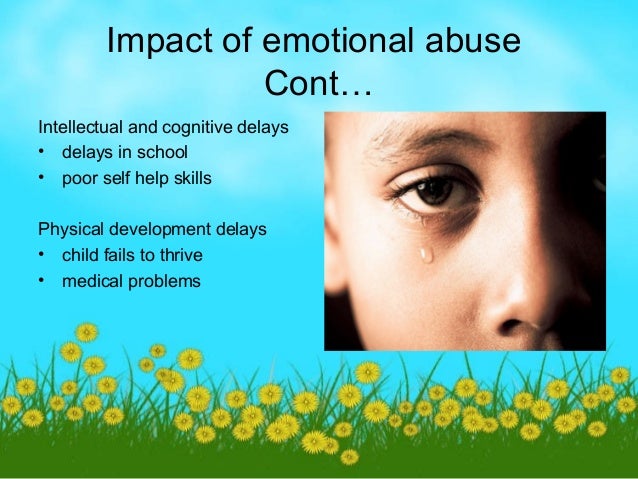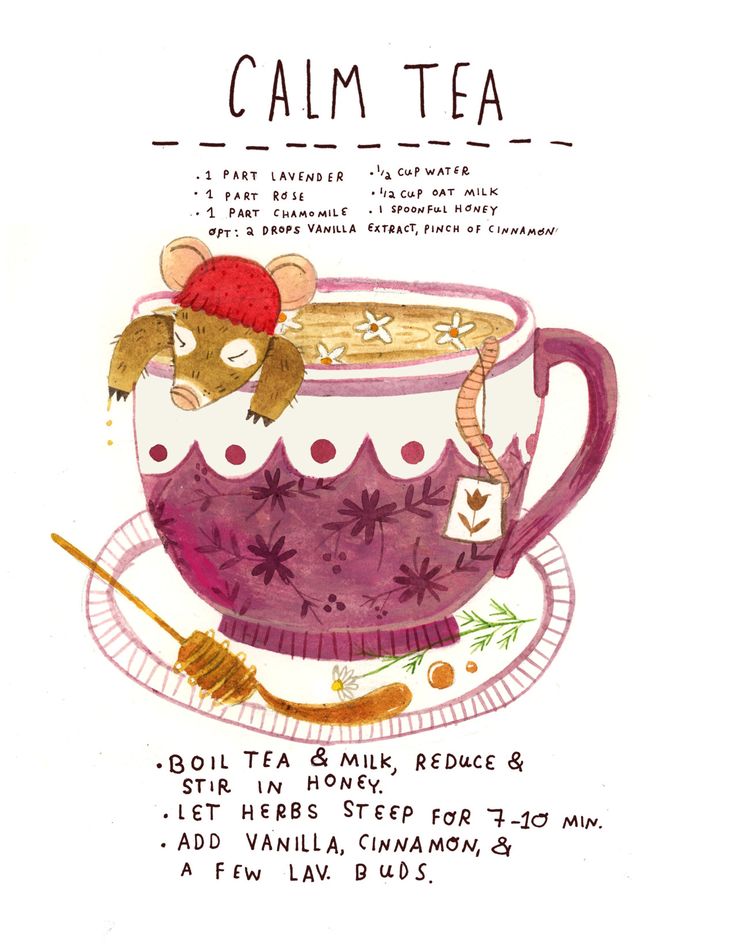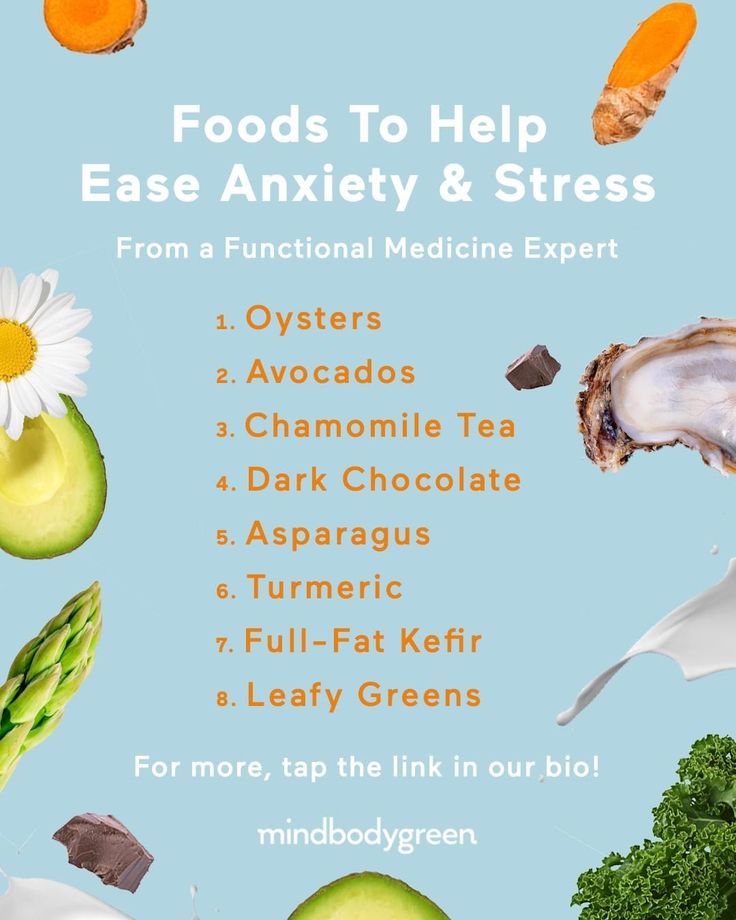Someone who enjoys hurting others
Do Sadists Feel Sad After Inflicting Pain? UK Psychology Grad Reveals Intriguing Results
There's something immensely intriguing about true crime stories. You've probably fallen victim to binge watching various docuseries that feature fascinating tales of tragedies. Your latest obsession may have you wondering — why would someone torment people, especially those they don't even know?
By definition, a sadist is, "A person who derives pleasure from inflicting pain or humiliation on others." Instinctively, when one thinks of sadists, they think of serial killers. However, we all know sadists. According to David Chester, they are everywhere to varying degrees. In fact, sadists are commonly considered bullies.
"Sadistic tendencies are impulses that people have to experience pleasure from inflicting harm on others," he said. "These impulses exist in many people, not just violent criminals."
A new study authored by Chester, who graduated with a doctorate in experimental psychology in the College of Arts and Sciences from the University of Kentucky, delves deeper into sadistic tendencies and aggressive behavior. More specifically, the emotions that accompany aggression.
"We examined the feelings that sadists associate with aggressive acts," Chester explained. "We also tested whether the pleasure that sadists feel during and after aggression are contingent on the suffering of their victim."
In a lab setting, researchers measured 2,000 people's probability to seek vengeance or harm an innocent person. In some cases, the virtual scenarios included having someone eat hot sauce as punishment or blasting them with loud noises.
As expected, those with a history of aggression showed more pleasure in causing harm to others. However, in a shocking result, their overall mood went down afterwards. Contrary to popular belief, the aggressive behavior ultimately brought emotional pain — leaving them feeling worse than before.
"We expected that sadists would feel more pleasure and less pain after aggression, but we found the opposite. Sadistic individuals actually reported greater negative emotion after the aggressive act, suggesting that aggression feels good in the moment but that this pleasure quickly fades and is replaced by pain. "
"
Overall, the results provide credible evidence that sadists find pleasure in harming others, but once they believe their victims are no longer suffering the pleasure fades.
So, what can be done with this revelation?
Having a better understanding of emotions that drive sadistic aggression could help with intervention. By changing how a sadist perceives the harm they inflict — or by helping the sadist understand how it will harm them — Chester suspects, the aggression cycle could be broken.
"These findings will hopefully serve as a foundation for future research and treatment that seeks to understand and reduce the human tendency to inflict pain on others for the pleasure it brings," he continued. "For example, if the pleasure of sadistic aggression is contingent on the perception that victims are suffering (as our research suggests), interventions that seek to reduce violence may be helped by blunting sadists’ perceptions that their victims are hurt by their actions (a counter-intuitive suggestion). "
"
Nathan DeWall, a psychology professor, and Brian Enjaian, a social psychology graduate student, both contributed to the research.
You can also review this research online. It appears in the Personality and Social Psychology Bulletin, published by the Society for Personality and Social Psychology.
UK is the University for Kentucky. At UK, we are educating more students, treating more patients with complex illnesses and conducting more research and service than at any time in our 150-year history. To read more about the UK story and how you can support continued investment in your university and the Commonwealth, go to: uky.edu/uk4ky. #uk4ky #seeblue
From psychopaths to ‘everyday sadists’: why do humans harm the harmless? - News & Events
Posted on: 25 September 2020
By Simon McCarthy-Jones, Trinity College Dublin
Why are some humans cruel to people who don’t even pose a threat to them – sometimes even their own children? Where does this behaviour come from and what purpose does it serve? Ruth, 45, London.
Humans are the glory and the scum of the universe, concluded the French philosopher, Blaise Pascal, in 1658. Little has changed. We love and we loathe; we help and we harm; we reach out a hand and we stick in the knife.
We understand if someone lashes out in retaliation or self-defence. But when someone harms the harmless, we ask: “How could you?”
Humans typically do things to get pleasure or avoid pain. For most of us, hurting others causes us to feel their pain. And we don’t like this feeling. This suggests two reasons people may harm the harmless – either they don’t feel the others’ pain or they enjoy feeling the others’ pain.
Another reason people harm the harmless is because they nonetheless see a threat. Someone who doesn’t imperil your body or wallet can still threaten your social status. This helps explain otherwise puzzling actions, such as when people harm others who help them financially.
This article is part of Life’s Big Questions
The Conversation’s new series, co-published with BBC Future, seeks to answer our readers’ nagging questions about life, love, death and the universe. We work with professional researchers who have dedicated their lives to uncovering new perspectives on the questions that shape our lives.
We work with professional researchers who have dedicated their lives to uncovering new perspectives on the questions that shape our lives.
Liberal societies assume causing others to suffer means we have harmed them. Yet some philosophers reject this idea. In the 21st century, can we still conceive of being cruel to be kind?
Sadists and psychopaths
Someone who gets pleasure from hurting or humiliating others is a sadist. Sadists feel other people’s pain more than is normal. And they enjoy it. At least, they do until it is over, when they may feel bad.
The popular imagination associates sadism with torturers and murderers. Yet there is also the less extreme, but more widespread, phenomenon of everyday sadism.
Everyday sadists get pleasure from hurting others or watching their suffering. They are likely to enjoy gory films, find fights exciting and torture interesting. They are rare, but not rare enough. Around 6% of undergraduate students admit getting pleasure from hurting others.
Unlike sadists, psychopaths don’t harm the harmless simply because they get pleasure from it (though they may). Psychopaths want things. If harming others helps them get what they want, so be it.
They can act this way because they are less likely to feel pity or remorse or fear. They can also work out what others are feeling but not get infected by such feelings themselves.
This is a seriously dangerous set of skills. Over millennia, humanity has domesticated itself. This has made it difficult for many of us to harm others. Many who harm, torture or kill will be haunted by the experience. Yet psychopathy is a powerful predictor of someone inflicting unprovoked violence.
We need to know if we encounter a psychopath.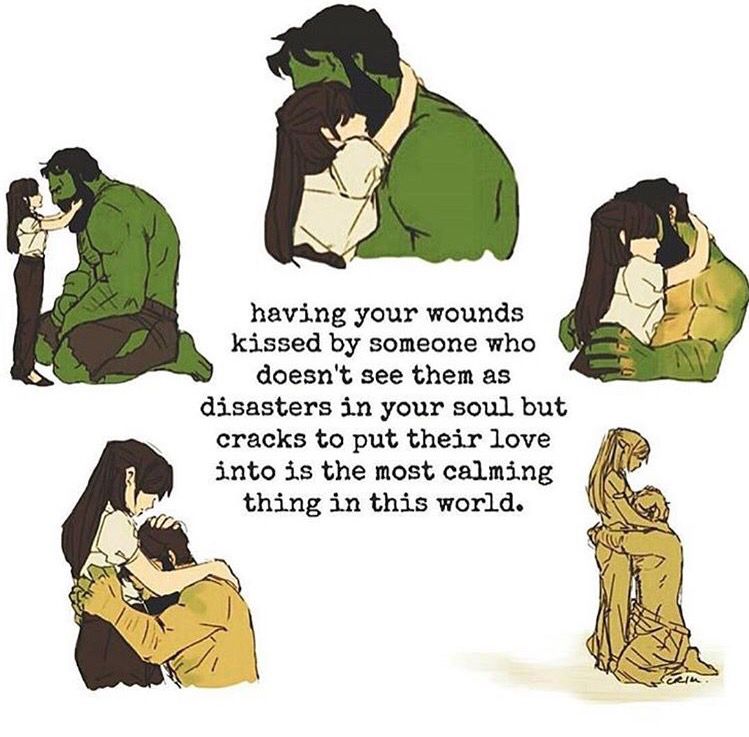 We can make a good guess from simply looking at someone’s face or briefly interacting with them. Unfortunately, psychopaths know we know this. They fight back by working hard on their clothing and grooming to try and make a good first impression.
We can make a good guess from simply looking at someone’s face or briefly interacting with them. Unfortunately, psychopaths know we know this. They fight back by working hard on their clothing and grooming to try and make a good first impression.
Thankfully, most people have no psychopathic traits. Only 0.5% of people could be deemed psychopaths. Yet around 8% of male and 2% of female prisoners are psychopaths.
But not all psychopaths are dangerous. Anti-social psychopaths may seek thrills from drugs or dangerous activities. However, prosocial psychopaths seek their thrills in the fearless pursuit of novel ideas. As innovations shape our societies, prosocial psychopaths can change the world for all of us. Yet this still can be for both good and for ill.
Where do these traits come from?
No one really knows why some people are sadistic. Some speculate sadism is an adaptation that helped us slaughter animals when hunting. Others propose it helped people gain power.
Italian philosopher Niccolò Machiavelli once suggested that “the times, not men, create disorder”. Consistent with this, neuroscience suggests sadism could be a survival tactic triggered by times becoming tough. When certain foods become scarce, our levels of the neurotransmitter, serotonin, fall. This fall makes us more willing to harm others because harming becomes more pleasurable.
Psychopathy may also be an adaptation. Some studies have linked higher levels of psychopathy to greater fertility. Yet others have found the opposite. The reason for this may be that psychopaths have a reproductive advantage specifically in harsh environments.
Indeed, psychopathy can thrive in unstable, competitive worlds. Psychopaths’ abilities make them master manipulators. Their impulsivity and lack of fear help them take risks and grab short-term gains. In the film Wall Street, the psychopathic Gordon Gekko makes millions. Yet although psychopathy may be an advantage in the corporate world, it only offers men a slim leadership edge.
Psychopathy’s link to creativity may also explain its survival. The mathematician Eric Weinstein argues, more generally, that disagreeable people drive innovation. Yet, if your environment supports creative thinking, disagreeableness is less strongly linked to creativity. The nice can be novel.
Sadism and psychopathy are associated with other traits, such as narcissism and machiavellianism. Such traits, taken together, are called the “dark factor of personality” or D-factor for short.
There is a moderate to large hereditary component to these traits. So some people may just be born this way. Alternatively, high D-factor parents could pass these traits onto their children by behaving abusively towards them. Similarly, seeing others behave in high D-factor ways may teach us to act this way. We all have a role to play in reducing cruelty.
Fear and dehumanisation
Sadism involves enjoying another person’s humiliation and hurt. Yet it is often said that dehumanising people is what allows us to be cruel. Potential victims are labelled as dogs, lice or cockroaches, allegedly making it easier for others to hurt them.
Potential victims are labelled as dogs, lice or cockroaches, allegedly making it easier for others to hurt them.
There is something to this. Research shows that if someone breaks a social norm, our brains treat their faces as less human. This makes it easier for us to punish people who violate norms of behaviour.
It is a sweet sentiment to think that if we see someone as human then we won’t hurt them. It is also a dangerous delusion. The psychologist Paul Bloom argues our worst cruelties may rest on not dehumanising people. People may hurt others precisely because they recognise them as human beings who don’t want to suffer pain, humiliation or degradation.
For example, the Nazi Party dehumanised Jewish people by calling them vermin and lice. Yet the Nazis also humiliated, tortured and murdered Jews precisely because they saw them as humans who would be degraded and suffer from such treatment.
Do-gooder derogation
Sometimes people will even harm the helpful. Imagine you are playing an economic game in which you and other players have the chance to invest in a group fund. The more money is paid into it, the more it pays out. And the fund will pay out money to all players, whether they have invested or not.
Imagine you are playing an economic game in which you and other players have the chance to invest in a group fund. The more money is paid into it, the more it pays out. And the fund will pay out money to all players, whether they have invested or not.
At the end of the game, you can pay to punish other players for how much they chose to invest. To do so, you give up some of your earnings and money is taken away from the player of your choice. In short, you can be spiteful.
Some players chose to punish others who invested little or nothing in the group fund. Yet some will pay to punish players who invested more in the group fund than they did. Such acts seem to make no sense. Generous players give you a greater pay-out – why would you dissuade them?
This phenomenon is called “do-gooder derogation”. It can be found around the world. In hunter-gatherer societies, successful hunters are criticised for catching a big animal even though their catch means everyone gets more meat.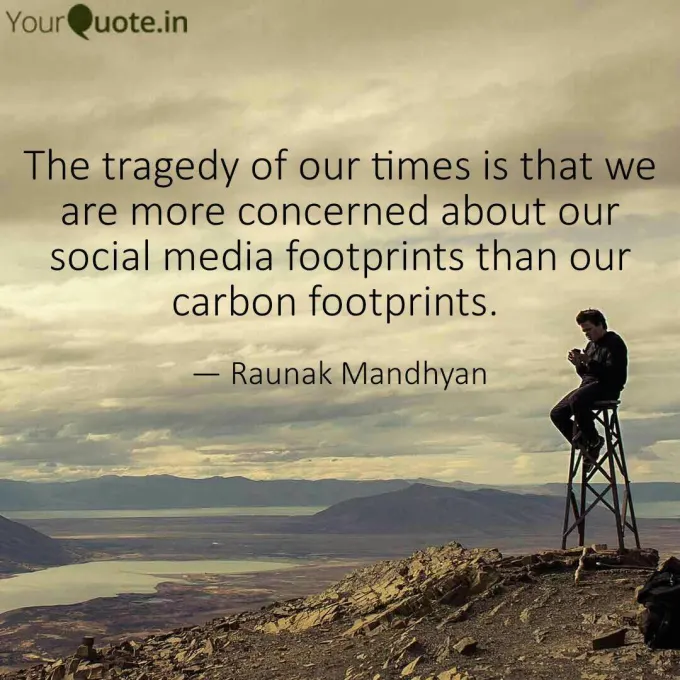 Hillary Clinton may have suffered do-gooder derogation as a result of her rights-based 2016 US Presidential Election campaign.
Hillary Clinton may have suffered do-gooder derogation as a result of her rights-based 2016 US Presidential Election campaign.
Do-gooder derogation exists because of our counter-dominant tendencies. A less generous player in the economic game above may feel that a more generous player will be seen by others as a preferable collaborator. The more generous person is threatening to become dominant. As the French writer Voltaire put it, the best is the enemy of the good.
Yet there is a hidden upside of do-gooder derogation. Once we have pulled down the do-gooder, we are more open to their message. One study found that allowing people to express a dislike of vegetarians led them to become less supportive of eating meat. Shooting, crucifying or failing to elect the messenger may encourage their message to be accepted.
The future of cruelty
In the film Whiplash, a music teacher uses cruelty to encourage greatness in one of his students. We may recoil at such tactics. Yet the German philosopher Friedrich Nietzsche thought we had become too averse to such cruelty.
For Nietzsche, cruelty allowed a teacher to burn a critique into another, for the other person’s own good. People could also be cruel to themselves to help become the person they wanted to be. Nietzsche felt suffering cruelty could help develop courage, endurance and creativity. Should we be more willing to make both others and ourselves suffer to develop virtue?
Arguably not. We now know the potentially appalling long-term effects of suffering cruelty from others, including damage to both physical and mental health. The benefits of being compassionate towards oneself, rather than treating oneself cruelly, are also increasingly recognised.
And the idea that we must suffer to grow is questionable. Positive life events, such as falling in love, having children and achieving cherished goals can lead to growth.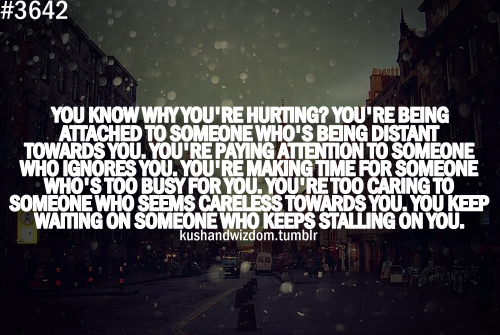
Teaching through cruelty invites abuses of power and selfish sadism. Yet Buddhism offers an alternative – wrathful compassion. Here, we act from love to confront others to protect them from their greed, hatred and fear. Life can be cruel, truth can be cruel, but we can choose not to be.
To get all of life’s big answers, join the hundreds of thousands of people who value evidence-based news by subscribing to our newsletter. You can send us your big questions by email at [email protected] and we’ll try to get a researcher or expert on the case.
More Life’s Big Questions:
- Is racism and bigotry in our DNA?
- Philosopher in Italian coronavirus lockdown on how to think positively about isolation
- Happiness: is contentment more important than purpose and goals?
- Free thought: can you ever be a truly independent thinker?
- Could we live in a world without rules?
- Feelings: What’s the point of rational thought if emotions always take over?
- Death: can our final moment be euphoric?
- Have humans evolved beyond nature and do we even need it?
- Love: is it just a fleeting high fuelled by brain chemicals?
Simon McCarthy-Jones, Associate Professor in Clinical Psychology and Neuropsychology, Trinity College Dublin
This article is republished from The Conversation under a Creative Commons license. Read the original article.
Read the original article.
The main questions of life. Why are people so cruel to each other?
- Simon McCarthy-Jones
- Associate Professor of Clinical Psychology and Neuropsychology
Sign up for our Context Newsletter to help you make sense of events.
Image copyright, Getty Images
Inflicting pain on someone who is unable to retaliate may seem like unacceptable cruelty, but it happens more often than you might think. nine0018
Our colleagues at BBC Future continue their 'Life's Big Questions' series with The Conversation. Another such question was asked by Ruth from London:
Why do some people act cruelly towards those who do not pose any danger to them - sometimes even towards their own children? Where does this behavior come from and what purpose does it serve? - Ruth, 45, London.
Answered by Simon McCarthy-Jones, Associate Professor of Clinical Psychology and Neuropsychology at Trinity College Dublin, Ireland. nine0011
---
"What a chimera is man, what a center of contradictions, what a monster! Judge of all things - and at the same time an earthly worm; a witness of truth - and at the same time a cesspool of ignorance and delusion; pride of the universe - and at the same time, its last dregs,” wrote Blaise Pascal, the eminent French philosopher and mathematician, in 1658.
Little has changed since Pascal's time. We love, we hate, we help, we harm. We reach out and we stick a knife in the back. We understand when someone snaps back in an attempt to protect themselves. But when someone hurts someone completely harmless, we ask the question: "How could he?!" nine0011
- The main questions of life. Is love just a fleeting chemical reaction in your brain?
- To die with joy.
 Can our final moments bring bliss?
Can our final moments bring bliss? - "That's what the rules are for breaking them"? What would it be like to live in a world without rules
Skip the Podcast and continue reading.
Podcast
What was that?
We quickly, simply and clearly explain what happened, why it's important and what's next. nine0011
episodes
End of Story Podcast
People tend to do things that bring them pleasure or help them avoid suffering. Inflicting pain on another person causes most of us to feel their pain. And we don't like that feeling.
From this we can assume that there are two reasons why people make the defenseless suffer: they either do not feel the pain of others, or they feel, but it brings them pleasure.
There is another reason: even in the most harmless person, another can see a hidden threat to himself.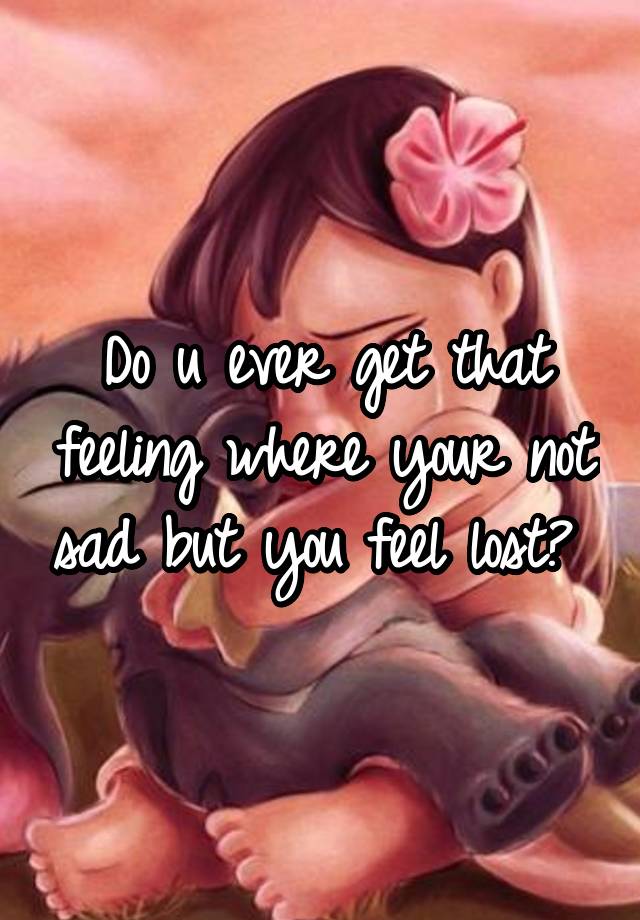 Someone who doesn't pose a threat to your body or wallet can threaten your social status. This helps to explain the seemingly inexplicable actions of those who harm those who help them—financially, for example. nine0011
Someone who doesn't pose a threat to your body or wallet can threaten your social status. This helps to explain the seemingly inexplicable actions of those who harm those who help them—financially, for example. nine0011
In today's liberal society, it is commonly believed that by making others suffer, we harm them. However, some philosophers reject this idea. (For example, Friedrich Nietzsche wrote in his book "Evil Wisdom": "The cruelty of an insensitive person is the opposite of compassion; the cruelty of a sensitive person is a higher potency of compassion.")
But can we understand and accept cruelty "for the sake of compassion" in the 21st century?
Sadists and psychopaths
He who takes pleasure in humiliating another and inflicting pain on another is a sadist. Sadists feel the pain of another person more than others and enjoy it - at least as long as this pain lasts. After that, they may feel bad. nine0011
In the public mind, sadism is associated with murderers and executioners, those who torture.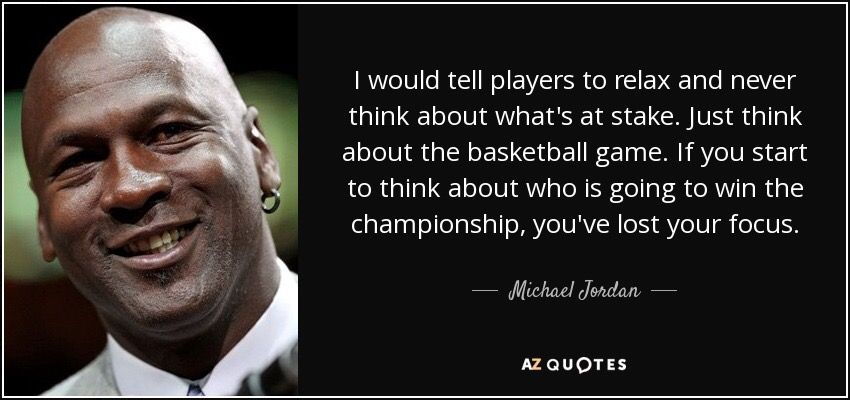 However, there is a much less extreme, but much more common type of sadism - everyday sadism.
However, there is a much less extreme, but much more common type of sadism - everyday sadism.
Image copyright, Getty Images
Image caption,Most of us would refrain from deliberately inflicting pain on another person, primarily because by injuring others, we partly share their pain
Domestic sadists enjoy inflicting pain on others or watching how they suffer. Usually they like violent films, they are delighted with fights, they are interested in torture. There are few such people - but not so much that they are not noticed. About 6% of the students surveyed admitted that they enjoy inflicting pain on others. nine0011
Domestic sadism can take the form of Internet trolling or bullying of a classmate. Domestic sadists are drawn to playing computer games full of violence. And in online role-playing computer games, such people are usually "griefers" - pests, dirty tricks that spoil the gameplay for others without any benefit to themselves.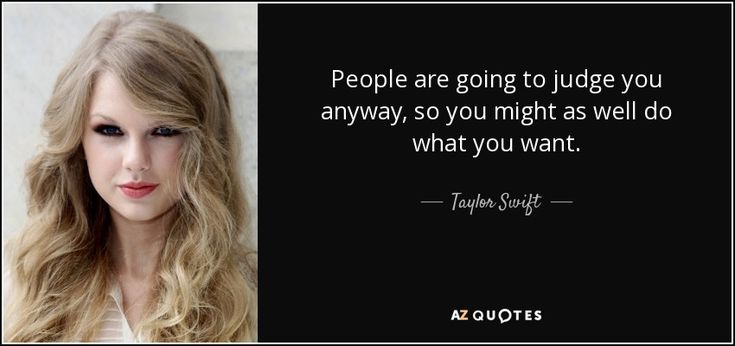
Unlike sadists, psychopaths cause suffering to others not because they enjoy it (although they can get it), but because they want something. If inflicting pain on another will help achieve the goal, then so be it. nine0011
- How responsibility and diligence awaken the worst in a person
- How negative emotions make us insensitive to other people's pain
- The more stupid, the more self-confident
Psychopaths do this because they are less likely to feel pity, remorse or fear. They may understand how others feel at the same time, but it does not touch them.
And this is a very dangerous set of qualities. For thousands of years, mankind has tamed itself. As a result, many of us find it difficult to hurt another person. For those who torture or kill, memories of this haunt them all their lives. Yet psychopathy is a powerful predictor of future unprovoked violence. nine0011
nine0011
Image copyright, Getty Images
Image caption,Some scientists believe that having sadistic traits helps people to gain influence, to break through to power
We need to be aware when we encounter a psychopath. This conclusion can be drawn by observing the facial expression of a person or having a short conversation with him.
Unfortunately, psychopaths know this and try very hard to disguise themselves, to make a good first impression on you.
- Light triad and "daily holiness" - what is it and why study it? nine0004
- Psychopaths are capable of empathy
Fortunately, most people do not have psychopathic character traits. Only 0.5% can be recognized as psychopaths. At the same time, among prisoners there are about 8% of men and 2% of women.
But not all psychopaths are dangerous. Antisocial psychopaths may seek the thrill of drugs or dangerous activities. Prosocial psychopaths can act in the best interest of society, enjoying the pursuit of new ideas. nine0011
Prosocial psychopaths can act in the best interest of society, enjoying the pursuit of new ideas. nine0011
Just as inventions and innovations change our society, prosocial psychopaths can change the world for all of us. Both for the better and for the worse.
Where do these character traits come from?
No one really knows why some people are sadists. Some believe that sadism developed as a reaction to the need to kill animals while hunting. Others believe that it helps people achieve influence, break through to power. Neuroscience suggests that sadism may have been a survival tactic in times of trouble. nine0011
When certain foods are scarce, the levels of the neurotransmitter serotonin, the “hormone of happiness,” in our body drops. This makes us more inclined to want to harm others because it becomes more enjoyable.
Image copyright, Getty Images
Image caption, There are "softer" forms of sadism that give people the cheap pleasure of watching someone in a vulnerable position.
Psychopathy can also be opportunism. A number of studies have associated higher levels of psychopathy with greater fertility (although the opposite has also been found). The reason for this may be that psychopaths have a reproductive advantage in aggressive environments. nine0011
Indeed, psychopathy thrives in an unstable world of fierce competition. The abilities of psychopaths make them skilled manipulators. Impulsivity and lack of fear help them take risks and achieve short-term goals.
The fact that psychopathy is alive and well in the modern world can also be explained by its connection with creativity.
Eric Weinstein, a mathematician and economist who applies the theoretical achievements of mathematical physics to traditional economics, argues that in general people with a difficult character are the engine of progress. nine0011
However, when the environment is conducive to creative thinking, the benefits of psychopaths are no longer so obvious.
Sadism and psychopathy are usually closely related to other character traits - narcissism and Machiavellianism. These aspects of the human personality have a common denominator - the so-called D-factor, the "dark triad" factor.
- People of the "dark triad": is it easier to build a career for the heartless?
- Scientists: narcissists - "terrible people, but happy"? nine0004
The hereditary component in these traits can be either moderate or strong. Some people are born that way. Or parents who have high D-factor levels can pass on these traits to their children by being rude in the family.
It is clear that observing how others behave can teach us to behave in the same way. So each of us has a role to play in the fight against cruelty.
Fear and dehumanization
It is often said that it is possible to be cruel by dehumanizing other people, depriving them of human qualities. Potential victims are called dogs, cockroaches, lice, so that later it would be easier to infringe on them, to hurt them. nine0011
Potential victims are called dogs, cockroaches, lice, so that later it would be easier to infringe on them, to hurt them. nine0011
This makes some sense. Research shows that when someone breaks societal norms, our brains paint their face as less human. This makes it easier for us to punish those who break the code of conduct.
Of course, it is nice to think that if we see someone as a person, then we will not harm him. But this is a dangerous delusion.
Psychologist Paul Bloom believes that our most cruel acts are not based on the dehumanization of others. People can hurt others precisely because they see them as human beings who do not want to endure pain and humiliation. nine0011
Image copyright, Getty Images
Image caption,During the Holocaust, the Nazis killed millions in concentration camps
For example, the Nazis dehumanized the Jews, calling them parasites and classifying them as an inferior, inferior race.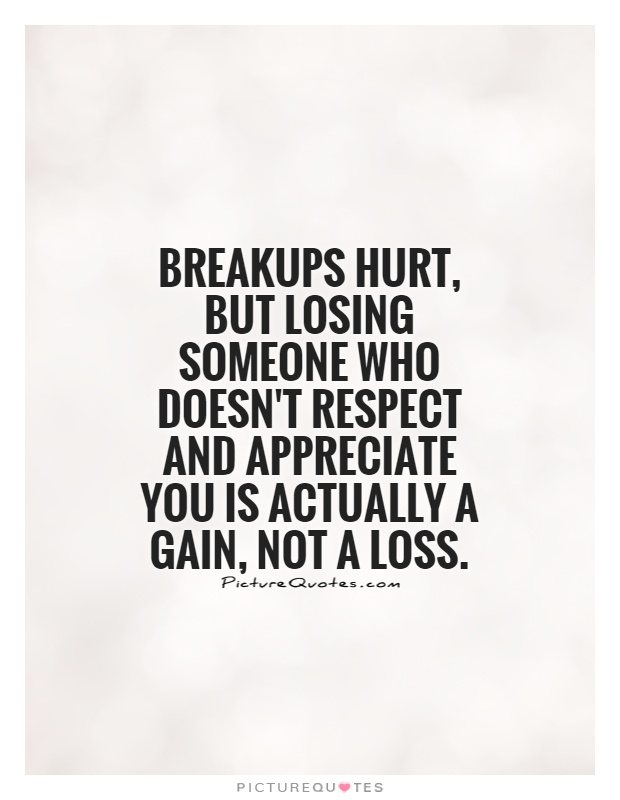 However, the Jews were humiliated, tortured and killed precisely because they were seen as living people who could be made to suffer.
However, the Jews were humiliated, tortured and killed precisely because they were seen as living people who could be made to suffer.
Belittling a benefactor
Sometimes people harm even those who help them, including financially, although at first glance such actions do not make any sense. Why hurt someone who does you good? nine0011
- Why do vegans inspire irrational hatred?
- "My husband's lie about having cancer took years of my life"
This phenomenon is known as "belittling benefactor" and is found all over the world.
"Benefactor's belittling" exists because we tend to resist domination, in whatever form it manifests itself - in the form of help "from the master's shoulder" or in the form of a categorical know-it-all on the UN platform.
The best is the enemy of the good, says the popular expression attributed to Voltaire. In addition, there is one hidden positive side to belittling a benefactor. After we dethrone a benefactor from his pedestal, we are more likely to listen to what he has to say. nine0011
In addition, there is one hidden positive side to belittling a benefactor. After we dethrone a benefactor from his pedestal, we are more likely to listen to what he has to say. nine0011
For example, one study found that when people are allowed to say that they don't like vegetarians, they subsequently become less supportive of meat-eating.
Execution, crucifixion, or simply harsh criticism of the evangelist may ultimately help his words find new listeners and supporters.
Cruelty for good
In Whiplash ( Rev. ), a jazz band leader brutalizes his apprentice drummer in order to encourage him to achieve a high level of mastery of playing on percussion. Through psychological stress, he tries to reveal talent, to give a chance to achieve real greatness. nine0011
This tactic may disgust us. However, the German philosopher Friedrich Nietzsche believed that we have an undeservedly great disgust for such cruelty.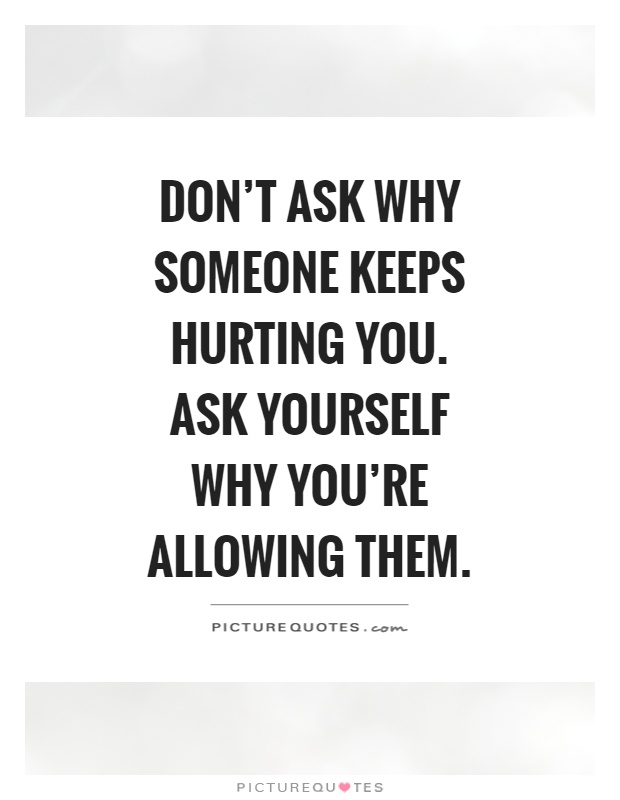
Photo copyright, Getty Images
Photo caption,The history of mankind is darkened by violence and cruelty against those who bring the good news
From Nietzsche's point of view, the teacher is cruel to the student for his own good. People can also be cruel to themselves in order to become what they want to become. nine0011
Nietzsche believed that the experience of cruelty can help develop courage, fortitude, fortitude and creativity.
Are we ready to develop good qualities in ourselves and others through suffering?
Probably not. We already know the potentially devastating consequences of experiencing abuse from others, including on physical and mental health, and we are increasingly recognizing the benefits of treating ourselves with compassion. nine0011
And the very idea that we have to suffer in order to develop raises more and more questions. Positive events in life - falling in love, having children, achieving a cherished goal - may well lead to personal development.
Learning through cruelty provokes abuse of power and selfish sadism.
Buddhism offers an alternative - in the form of an angry manifestation of compassion. True compassion, Buddhists believe, can take on confrontational forms that look like anger but are not (such as the compassion of angry deities). And then we enter into a confrontation with others, acting in the name of love, protecting them from their own greed, hatred and fear. nine0011
Life can be cruel, truth can be cruel. But we can choose not to be cruel ourselves.
Ali Apsheroni quote: He who loves to hurt another does not know how much satisfaction ... satisfaction, feeling
Ali Apsheroni
56 1962Similar quotes
"People are characterized by their passions and the way they hurt others."
- Saul Bellow 1915 - 2005
"I've always wanted to hurt others, and make others hurt me."
- Albert Fish US serial murderer and cannibal 1870 - 1936
“If I had not married, I would have been a different person.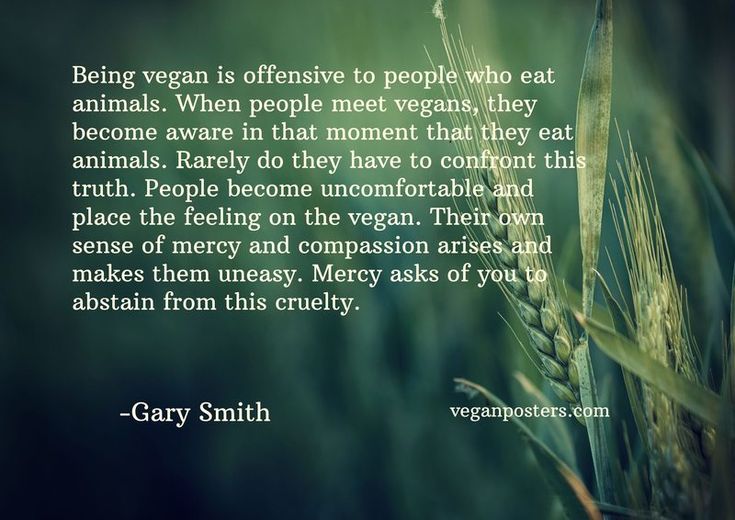 I would have remained the same aggressive bastard because that's all I could do - hurt other people."
I would have remained the same aggressive bastard because that's all I could do - hurt other people."
- Mike Tyson American professional boxer 1966
“Whoever did not recognize pain did not find sincere joy.”
— Alexander Yakovlevich Rosenbaum Soviet and Russian singer-songwriter, singer, composer, poet, actor. People's Artist of Russia. 1951
"Man is the only animal that hurts others without any other purpose."
— Arthur Schopenhauer German philosopher 1788 - 1860
"You cannot take responsibility for everyone you encounter fate. If some person cannot be happy communicating with you, there is no point in wasting your mental strength in an attempt to change him or solve his problems. There are many other people whom you will be able to give joy and happiness by enjoying their company yourself. If a love affair does not bring you satisfaction, do not cling to it.”
— Voltaire French philosopher-educator of the 18th century, poet, prose writer, satirist, historian, publicist, human rights activist 1694 - 1778
“Work that brings joy and satisfaction, strengthens the psyche and prolongs life. ”
”
— Bobojon Sharbatov
“In my opinion, this is a good approach to life - just go through it, do what you love and what makes you and other people happy.”
— Lauri Ylönen Finnish musician 1979
“Those who are still more they loved a person most of all, always caused him the greatest pain; like all lovers, they demanded the impossible from him.”
— Friedrich Wilhelm Nietzsche German philosopher 1844 - 1900
“It is a sin to hurt people unnecessarily. All other sins are contrived nonsense. To hurt yourself is not a sin, but stupidity. "
- Robert Heinlein American science fiction writer 1907 - 1988
"The only person I have ever hurt is myself."
- Salman Khan ( Abdul Rashid Salim Salman Khan) 1965
"Never look for someone to blame, live without hurting anyone, don't judge other people and be absolutely free."
- Angelina Jolie American actress, director and screenwriter, fashion model, UN Goodwill Ambassador 1975
"A man with a smile - he brings joy to others.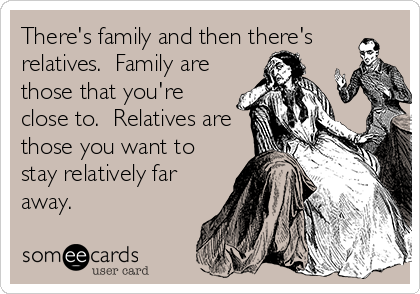 "
"
- Vladimir Natanovich Vinokur Soviet and Russian humorist, singer and TV presenter Of all the animals, only man is truly cruel. Only a man can inflict pain for his own pleasure.”
- Mark Twain American writer, journalist and public figure 1835 - 1910
Autobiography of Mark Twain, Volume 1 (2010) edited by Harriet Elinor Smith
All creatures kill—there seems to be no exception; but of the whole list, man is the only one that kills for fun; he is the only one that kills in malice, the only one that kills for revenge.
„I love the audience. I love people and I play because I love to give pleasure to people.”
— Vivien Leigh English actress 1913 - 1967
“But all I want is to bring joy and love to people!”
- Michael Jackson American artist, actor, songwriter and performer 1958 - 2009
"There are so many consumers of spiritual warmth that the cold does not hit the tooth on the tooth."
- Gennady Moskvin
what doesn’t happen, they are hurt by their own expectations.
